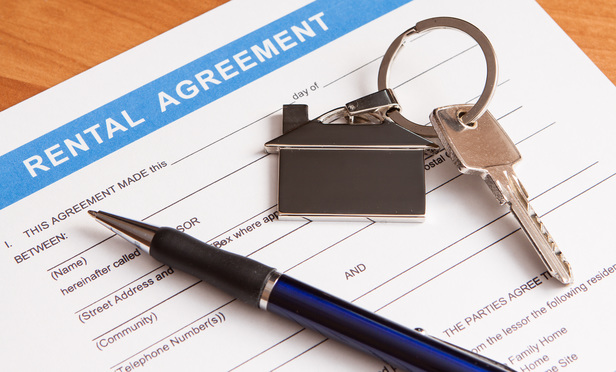There are many issues besides the preparation of the lease or acquisition of a rental property that require a landlord’s attention. Some examples of the types of issues landlords encounter in New Jersey, and which are discussed in this article, include landlord registration requirements, negotiating service contracts and the execution of estoppel certificates. While these matters usually get less attention than the negotiation of leases, they can have significant implications on landlord-tenant relationships and, if not properly addressed, may expose landlords to potential liabilities. Attorneys representing landlords must be familiar with these issues in order to properly advise their clients.
Landlord Registration Requirements in New Jersey
As counsel to a landlord, you should make your client aware of any registration obligations within the local government. With respect to commercial leases, there is no uniform statutory requirement for tenant businesses to register within a municipality in order to conduct business. However, under a municipality’s broad powers to regulate its internal affairs, numerous municipalities require owners and tenants of commercial property to obtain a business license or file registration forms. Many municipalities have separate, specific registration requirements for businesses, commercial tenants and industrial uses. It is the responsibility of the owner of the commercial property or the tenant renting the property to apply for and obtain the proper license. Since failure to do so could result in fees or more severe penalties for the property owner, it is good practice to consult the specific municipality’s requirements for licensing and/or registration.



